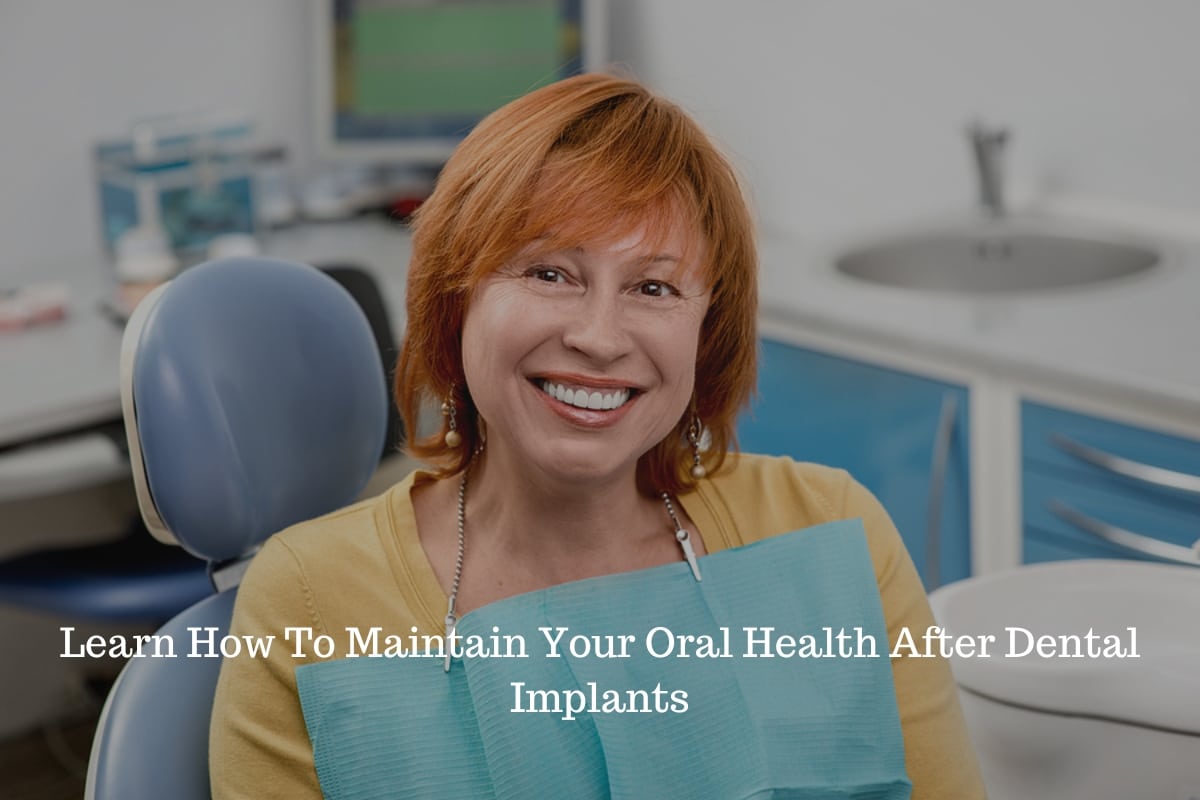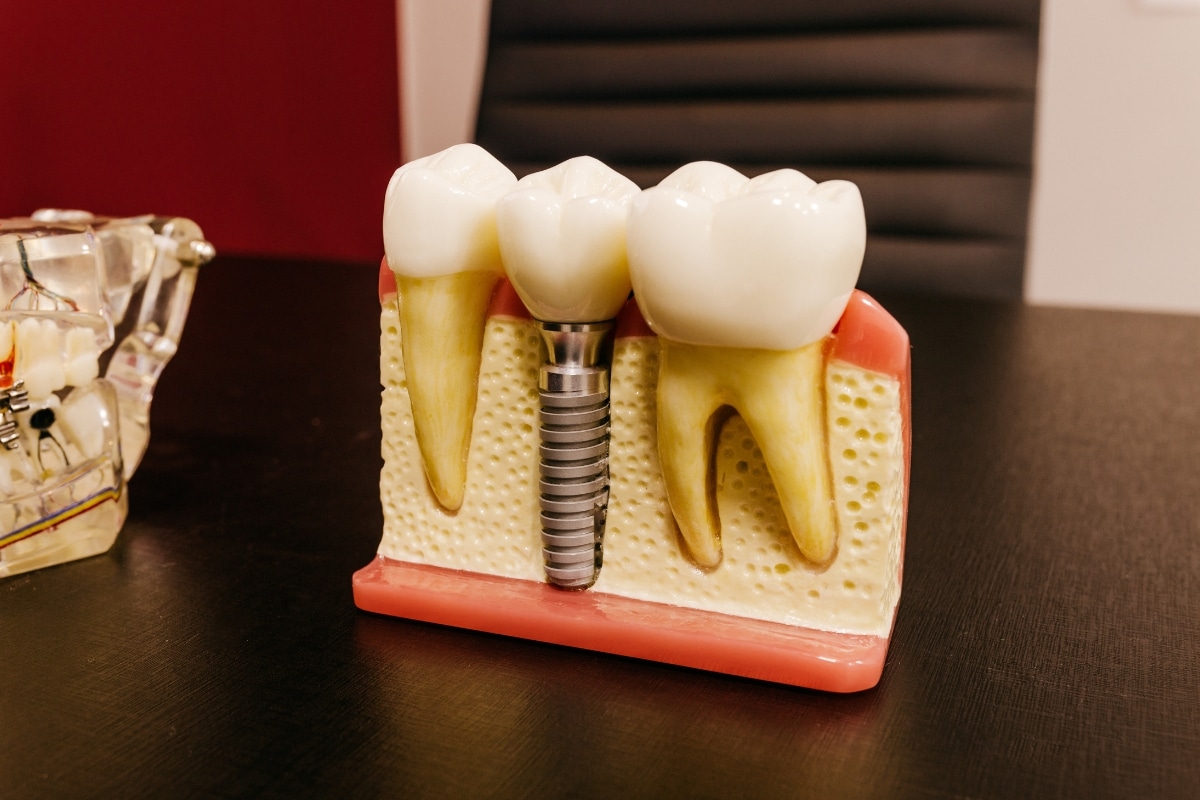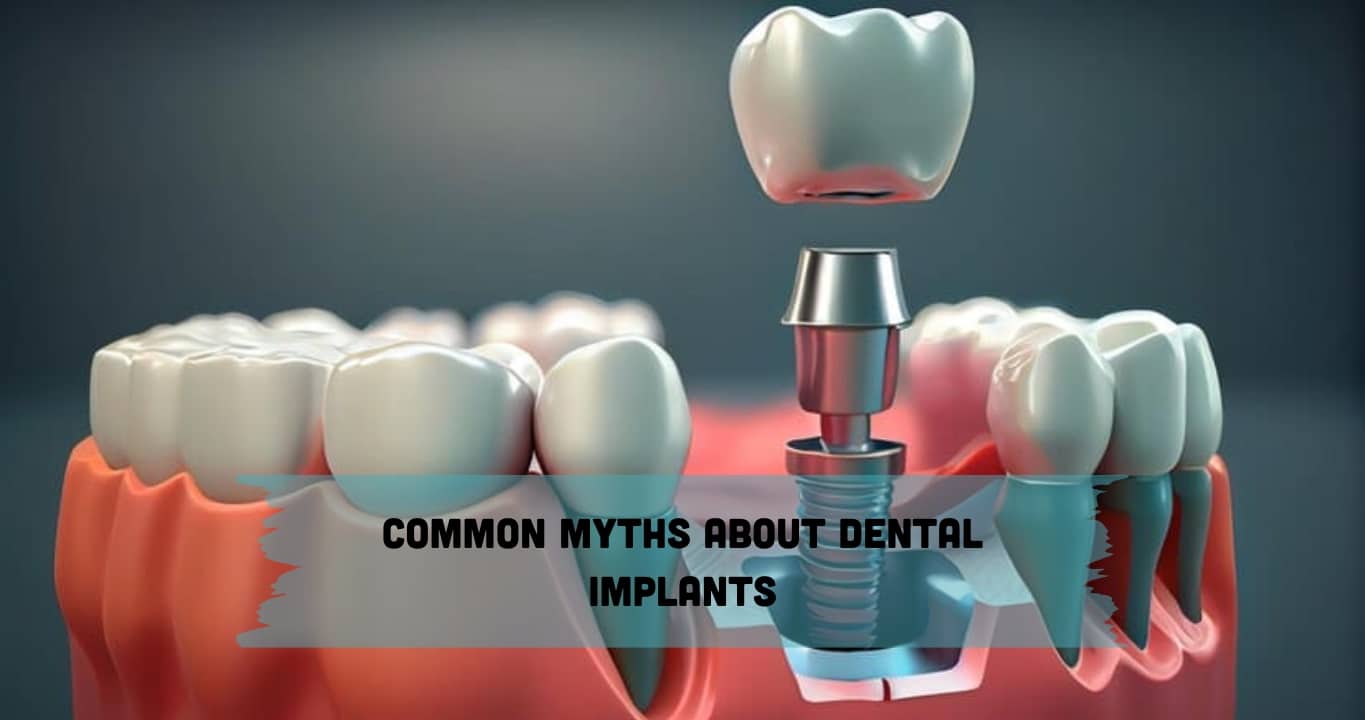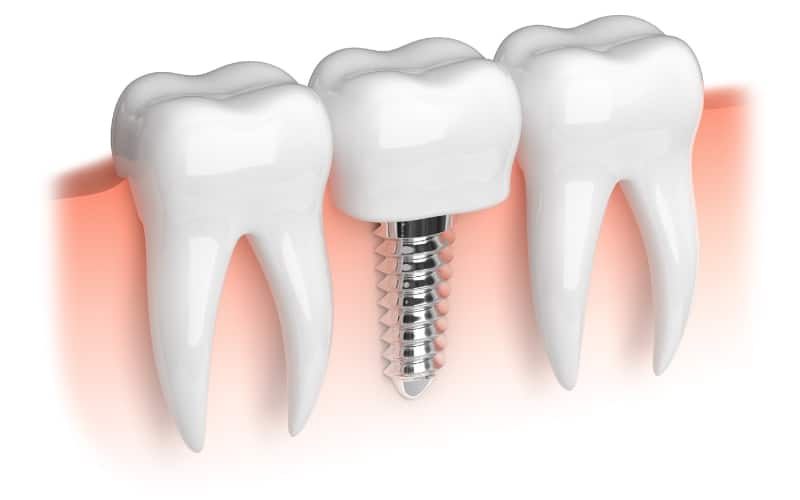
Have you just got dental implants? Here is how to ensure they last a lifetime. Dental implants are a great way to replace lost teeth, but how well you take care of them will determine how successful they are. While implants are durable and designed to function like natural teeth, maintaining your oral health after implants is essential to prevent complications and ensure they stay strong and healthy.
This blog will walk you through the actions you need to take to take care of your implants both during the healing process and in the long run. These pointers will help you make lifestyle changes and regular hygiene routines that will let you enjoy your new smile for many years to come.
What Are Dental Implants?
Dental implants are biocompatible artificial tooth roots, usually constructed of titanium. After being surgically inserted into your jawbone, these implants gradually fuse with the bone to form a solid base for a bridge or replacement tooth.
To create a tooth replacement that is both functional and aesthetically beautiful, a crown, bridge, or denture is attached to the top of the implant, which serves as the root.
Benefits of Dental Implants:
Compared to alternative tooth replacement solutions like dentures or bridges, dental implants provide a number of advantages. They are incredibly durable, often lasting a lifetime with proper care. Implants are also designed to mimic the look and function of natural teeth, offering superior aesthetics and comfort.
You can speak, eat, and smile with confidence thanks to implants since they stay firmly in place unlike dentures, which can slip or hurt. Dental implants also aid in preserving the density of the jawbone, halting the normal loss of bone that follows tooth removal.
Importance of Post-Implant Care:
While dental implants are a robust and long-lasting solution, their success is not guaranteed without proper care. Implants are susceptible, like natural teeth, to gum disease, plaque accumulation, and other oral health problems if left untreated.
Maintaining your oral health after dental implants is crucial to prevent infections. It guarantees that the implant properly fuses with the bone and prevents problems such as peri-implantitis, which is an inflammatory disease that affects the hard and soft tissues surrounding the implant.
Proper care extends the life of your implants and preserves your overall oral health, keeping your gums and surrounding teeth healthy.
Immediate Post-Procedure Care
First 24-48 Hours:
Rest and Recovery: After the procedure, rest is crucial. Avoid strenuous activities to prevent excessive bleeding and swelling.
Pain Management: Ibuprofen and other over-the-counter painkillers can help control discomfort. Follow your dentist’s instructions regarding medication.
Swelling Control: Apply ice packs to the outside of your face, near the surgical site, in 15-minute intervals to reduce swelling. This is most effective within the first 24 hours.
Bleeding: Slight bleeding is normal for the first 24 hours. Gently bite down on gauze pads to manage it. When necessary, change the gauze. Spitting or straw use can cause the blood clot to come loose.
Dietary Restrictions:
Soft Foods: For the first several days after rehabilitation, limit your diet to soft foods like yogurt, applesauce, and mashed potatoes. These are easy to eat and won’t irritate the surgical site.
Avoid Hot and Spicy Foods: Hot or spicy foods can irritate the surgical area and may cause discomfort. It is best to avoid these until your mouth has healed.
No Hard or Crunchy Foods: Avoid hard or crunchy foods like nuts, chips, and raw vegetables, as they can damage the implant site or cause discomfort.
Stay Hydrated: Drink lots of liquids, but refrain from sucking with straws, as this can interfere with the healing process.
Hygiene Tips:
Gentle Rinsing: After the first twenty-four hours, gently rinse your mouth with a saltwater solution to maintain the area clean. Pour a glass of warm water with half a teaspoon of salt in it, then swish it around your mouth without spitting.
Avoid Brushing the Surgical Site: Avoid brushing the implant region directly during the first several days. Instead, focus on cleaning the rest of your teeth and gently brush near the implant with a soft-bristle toothbrush.
Use a Soft-Bristle Brush: After a few days, you can start brushing the implant area carefully with a soft-bristle toothbrush. Ensure you clean around the implant without applying too much pressure.
Avoid Mouthwash: Traditional mouthwashes containing alcohol can irritate the surgical site. Stick to saltwater rinses or use an alcohol-free mouthwash recommended by your dentist.
Long-Term Oral Hygiene Practices
Daily Brushing and Flossing:
Brush Twice Daily: You should use a soft-bristled toothbrush to brush your teeth twice a day. This is crucial to remove plaque and prevent gum disease around the implant.
Flossing: Floss daily to remove food particles and plaque from between your teeth and surrounding the implant. A water flosser can be more efficient and less harsh when used near implants.
Specialty Brushes: For areas around the implant, consider using interdental brushes, which can help clean spaces that a regular toothbrush might miss.
Use of Antibacterial Mouthwash:
Preventing Infection: Antibacterial mouthwash can help reduce the risk of infection and maintain healthy gums around your implant. To prevent irritation, use an alcohol-free mouthwash.
Daily Use: Use mouthwash as part of your regular regimen, preferably right after flossing and brushing. To make sure the mouthwash gets to every part of your mouth, swish it around for around 30 seconds.
Regular Dental Check-ups:
Biannual Visits: Regular visits to your dentist are crucial. Schedule check-ups every six months or more frequently if recommended by your dentist.
Professional Cleaning: Even with meticulous home care, plaque can build up in hard-to-reach areas. Professional cleanings help remove this plaque, ensuring your implant and surrounding teeth remain healthy.
Monitoring the Implant: Your dentist will check the implant and surrounding tissues during your appointments to make sure everything is in good condition and the implant is operating as it should. Any problems should be detected early on in order to avoid later, more significant concerns.
Lifestyle Tips for Maintaining Oral Health
Diet and Nutrition:
Eat a Balanced Diet: A diet high in minerals and vitamins promotes good dental health overall. To strengthen your teeth and implants, include foods high in calcium, vitamin D, and phosphorus, such as fish, dairy products, and leafy greens.
Limit Sugary Foods: Plaque accumulation brought on by an excessive sugar intake might damage implants as well as normal teeth. To preserve your dental health, cut back on sugary snacks and beverages.
Hydration: Drinking enough water encourages the production of saliva, which naturally cleans your teeth and reduces the accumulation of plaque.
Avoiding Harmful Habits:
Quit Smoking: Smoking can cause blood flow to the gums to be impaired and healing to be delayed, which can greatly increase the chance of implant failure. Quitting smoking is crucial for the success of your implants and overall health.
Limit Alcohol Consumption: Excessive alcohol can dry out your mouth and irritate the gums, leading to potential complications around your implants.
Address Teeth Grinding (Bruxism): Grinding your teeth might overstress your implants, causing failure or harm. See your dentist about using a nightguard to shield your implants if you grind your teeth.
Protecting Your Implants:
Use a Mouthguard During Sports: Use a mouthguard when playing contact sports to shield your implants from harm. The best protection is provided by a mouthguard that is specially fitted by your dentist.
Nightguard for Bruxism: Using a nightguard helps prevent damage to your implants and natural teeth if you grind your teeth at night. This is especially important if you have multiple implants or extensive restorative work.
Avoid Using Teeth as Tools: Both your natural teeth and your implants may be harmed if you use your teeth to open bottles or packages. Always use the appropriate tools and avoid putting unnecessary strain on your teeth.
Maintaining your oral health after getting implants is vital for ensuring their longevity and the health of your entire mouth. You can safeguard your investment and take pleasure in a long-lasting, gorgeous smile by following the instructions provided in this blog.
Remember, consistent daily care, regular dental visits, and making smart lifestyle choices all contribute to the success of your implants. If you have any questions or concerns, do not hesitate to reach out to your dentist for personalized advice.




